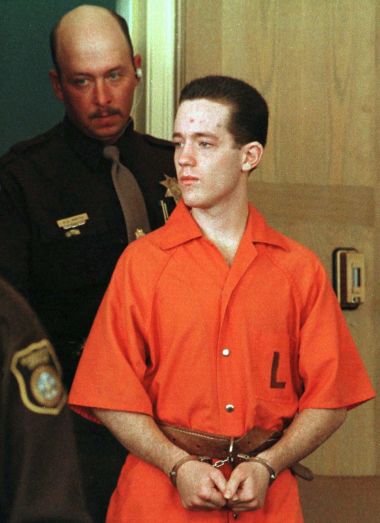Christians In Australia Fight For Retention Of Controversial 'Gay Panic' Defence In Violence And Murder Cases

Christian groups in Australia are opposing the abolition of the so-called 'gay panic' defence used in some violent attacks or murder cases, when the defendant can argue that they panicked in the face of an unwanted homosexual advance.
The defence – which has been used in some countries including the US and Spain – has been removed from the statute books across most of Australia apart from Queensland and South Australia.
The government of Queensland is seeking to repeal the section of the Criminal Code that lowers the sentence for crimes committed in "the heat of passion caused by sudden provocation" from a homosexual advance.
The Australian Christian Lobby has made a submission to an inquiry on the issue, claiming that the removal of the 'gay panic' defence would actually allow men to get away with rape.
ACL executive Wendy Frances said that women would be made vulnerable if the law was changed.
Speaking at a parliamentary committee hearing on Wednesday, she said: "Women are the ones who have to be careful where we park, women are the ones who have to make sure that we don't go out after dark or walk alone, women are the ones who naturally take care of their safety because we know we actually can't punch back."
She added: "Removing this from law is actually discriminatory against women – that is my concern. Men didn't grow up with that feeling, women grew up knowing that we just had to take extra precautions...It is important to carefully examine any unintended negative consequences of changing the...law. I have spoken to a number of women's organisations, including radical feminists, who oppose the change. Preserving the current law, which treats all equally, is seen as a much better option in terms of protecting women. The proposed changes will potentially compromise the defence of provocation for women with the requirement that the provocation be a serious indictable offence. This will make any defence of women who respond violently to sexual advances, much more difficult to achieve, and very restrictive. Because what this bill will achieve is to preclude actions which would constitute sexual assault from 'provocation'."
'Gay panic' defences include a case in 2009 when a man was acquitted of a double murder after he claimed that he burned down the home of an engaged gay couple because of "an unbearable fear".
Another involved the murder of American student Matthew Shepard, killed in 1998 on the outskirts of Laramie, Wyoming, by two men he had met in a bar.
Local residents Aaron McKinney and Russell Henderson, both 21 at the time, were charged with his murder. They argued in court that that they suffered "a moment of insanity" when Shepard allegedly made sexual advances to them.
Shepard was robbed, beaten and left to die tied to a fence. McKinney and Henderson are serving consecutive double life sentences.
Catholic priest Paul Kelly initially called for the change of law in a petition, which now has more than 290,000 signatures, which began when a man was attacked and killed in his church grounds at Maryborough in 2008.











